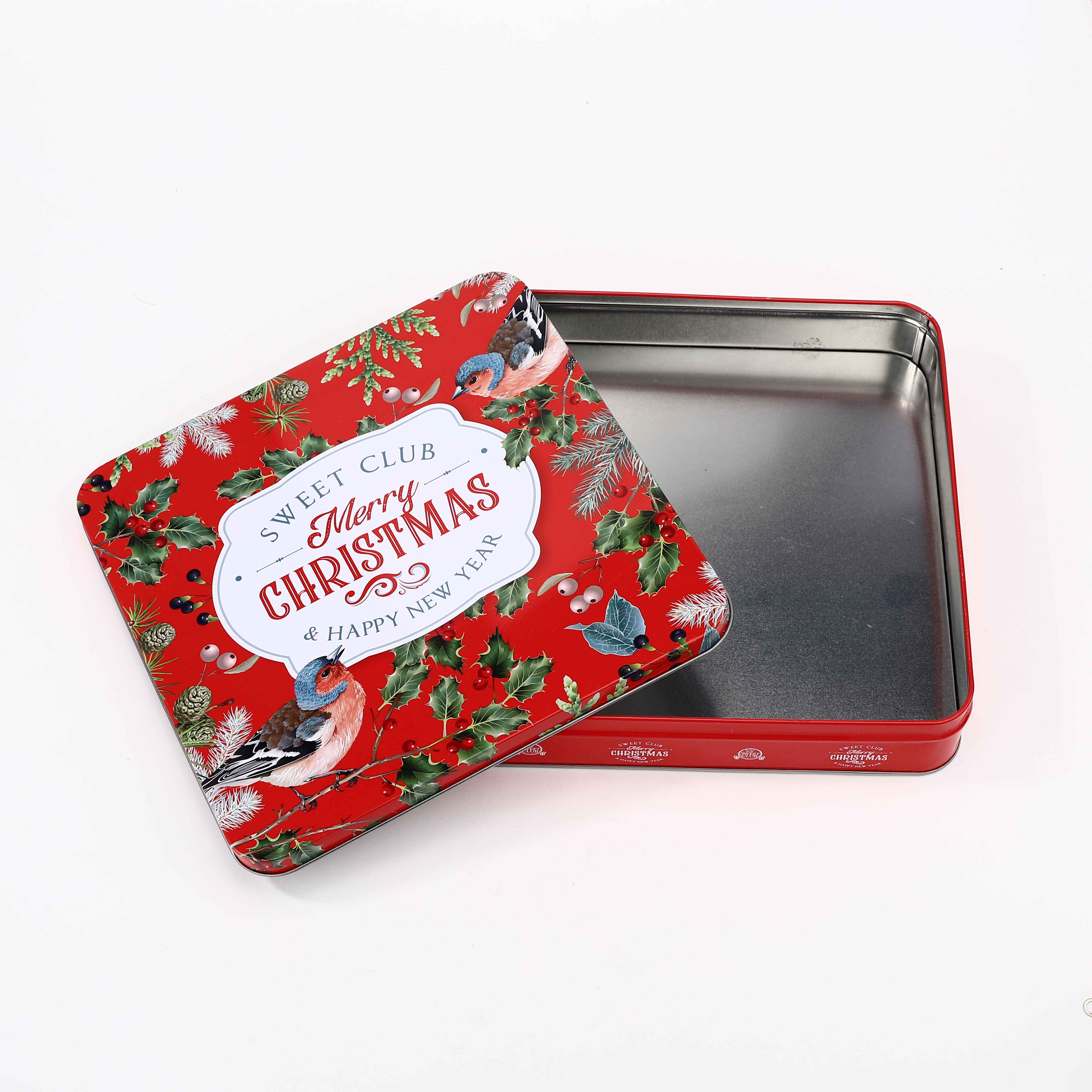Oct . 22, 2024 13:55 Back to list
Exporting Premium Olive Oil in Tins for Global Markets and Culinary Excellence
The Flourishing Business of Olive Oil Tins Exporters
In recent years, the global demand for olive oil has surged, leading to significant growth in the olive oil export sector. Among the various products associated with this culinary staple, olive oil tins have emerged as a popular choice for both suppliers and consumers. This article delves into the intricate landscape of olive oil tins exporters, exploring their significance in the industry, the dynamics of the export market, and the future outlook for this niche sector.
The Significance of Olive Oil Tins
Olive oil tins are favored over plastic and glass containers for numerous reasons. Firstly, tins provide exceptional protection against light and air, two elements that can degrade the quality of olive oil. Unlike glass, which can allow light to penetrate, or plastic, which can leach chemicals, metal tins ensure the integrity of the oil is maintained. Furthermore, the lightweight and stackable nature of tins makes them ideal for transportation, significantly reducing shipping costs and environmental impact.
The visual appeal of beautifully designed tins also plays a crucial role in attracting consumers. In an era where packaging can influence purchasing decisions, exporters often invest in eye-catching designs that communicate the quality and authenticity of the olive oil within. As health and wellness trends continue to rise, an increasing number of consumers are willing to pay a premium for high-quality, well-packaged olive oil.
The Export Market Dynamics
Globally, countries like Spain, Italy, and Greece dominate the olive oil export market, benefiting from centuries of tradition and expertise in olive cultivation and oil production. These nations are not only known for their high-quality oil but also for their innovative approaches to packaging, particularly with tins. For instance, Spanish olive oil exporters have leveraged their country’s rich agricultural heritage to market their products effectively, showcasing the health benefits of olive oil alongside a strong commitment to sustainability.
In recent years, countries outside of the traditional olive-growing regions have also begun to emerge as players in the olive oil export market. Nations such as the United States, Portugal, and even some countries in South America are starting to produce quality olive oils that cater to a growing international demand. These new entrants often utilize modern production techniques and creative branding strategies to distinguish their products in a saturated market.
olive oil tins exporter

Challenges Faced by Exporters
Despite the promising growth, olive oil tins exporters face several challenges. One of the most significant hurdles is the fluctuating prices of olives and olive oil on the global market. Weather patterns, such as droughts or excessive rain, can dramatically impact harvest yields, affecting supply and pricing strategies. Importantly, exporters must also navigate regulatory environments, which can vary widely from country to country. Different nations impose their own quality standards and labeling requirements, which can complicate the export process and increase costs.
Additionally, the allure of cheap, lower-quality olive oil from non-traditional sources can undermine efforts by reputable exporters. The rise of counterfeit products, labeled as premium olive oil, poses a risk not only to sales but also to consumer trust in the market. This calls for rigorous quality control measures and clear communication from exporters to assure customers of their product's authenticity.
Future Outlook
Looking forward, the future of olive oil tins exporters appears promising. The global trend toward healthier eating and cooking has cemented the role of olive oil in contemporary diets. As awareness of the health benefits of olive oil continues to expand, particularly in markets like North America and Asia, the demand for quality oil in suitable packaging is likely to grow.
Innovations in sustainability are also shaping the future of this sector. Many exporters are exploring eco-friendly packaging options, such as recyclable tins and sustainable production practices, to appeal to environmentally conscious consumers.
In conclusion, olive oil tins exporters occupy a vital space in the global food market. Their ability to combine quality products with attractive, sustainable packaging positions them well for future growth, even amidst the challenges of a competitive landscape. As consumers continue to seek out premium olive oil, the role of these exporters will undoubtedly become increasingly crucial in supplying the world with this beloved staple.
-
Custom Large Metal Box Manufacturers: Durable & Reliable Solutions
NewsAug.08,2025
-
Large Metal Box Manufacturers - Custom & Durable Solutions
NewsAug.07,2025
-
Durable Large Metal Box Manufacturers | Custom Solutions
NewsAug.06,2025
-
Large Metal Box Manufacturers | AI-Powered Solutions
NewsAug.05,2025
-
Leading Large Metal Box Manufacturers | Custom Solutions
NewsAug.04,2025
-
Top Steel Pail with Lid Manufacturers | Rust-Proof
NewsAug.03,2025




















